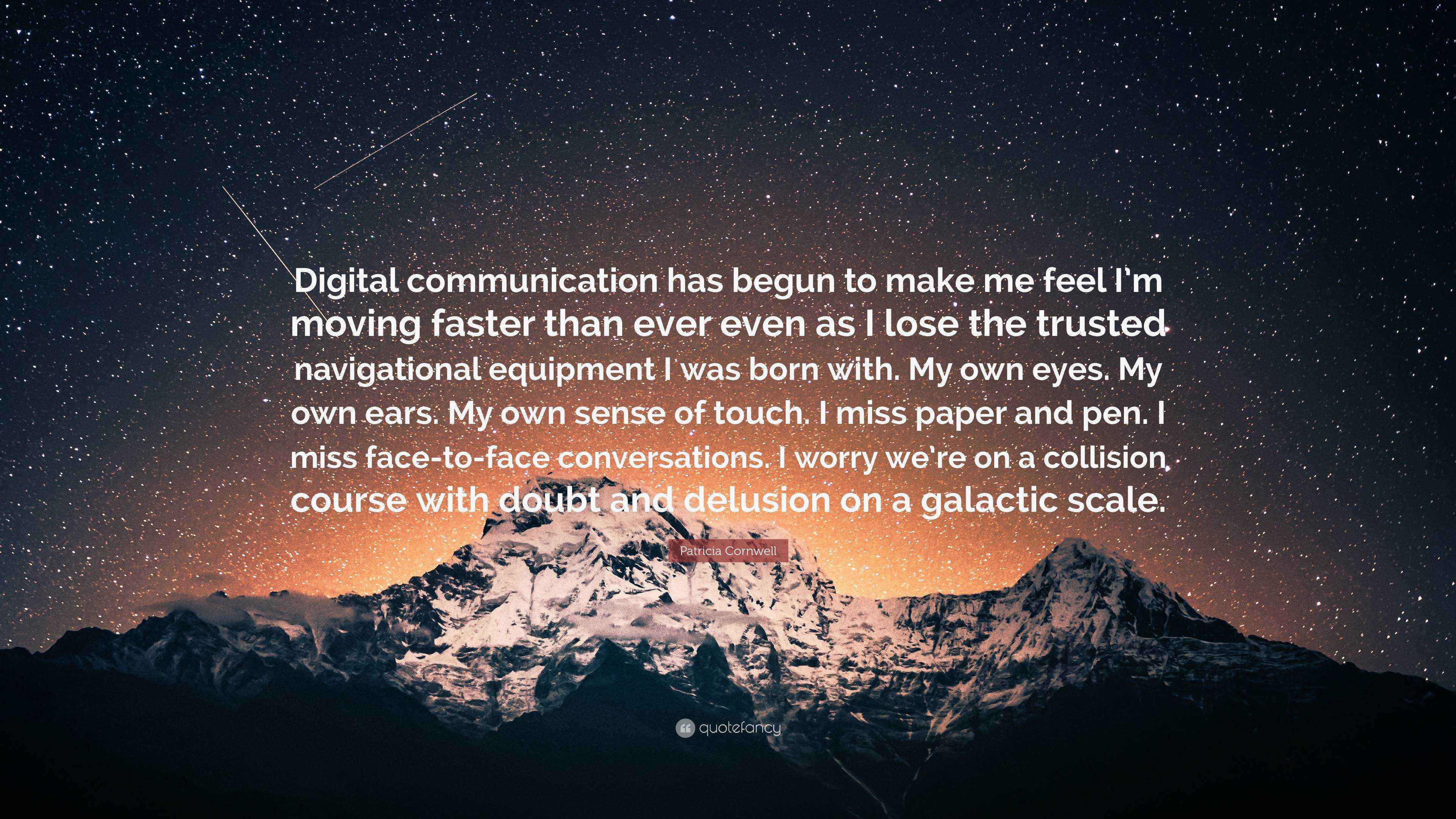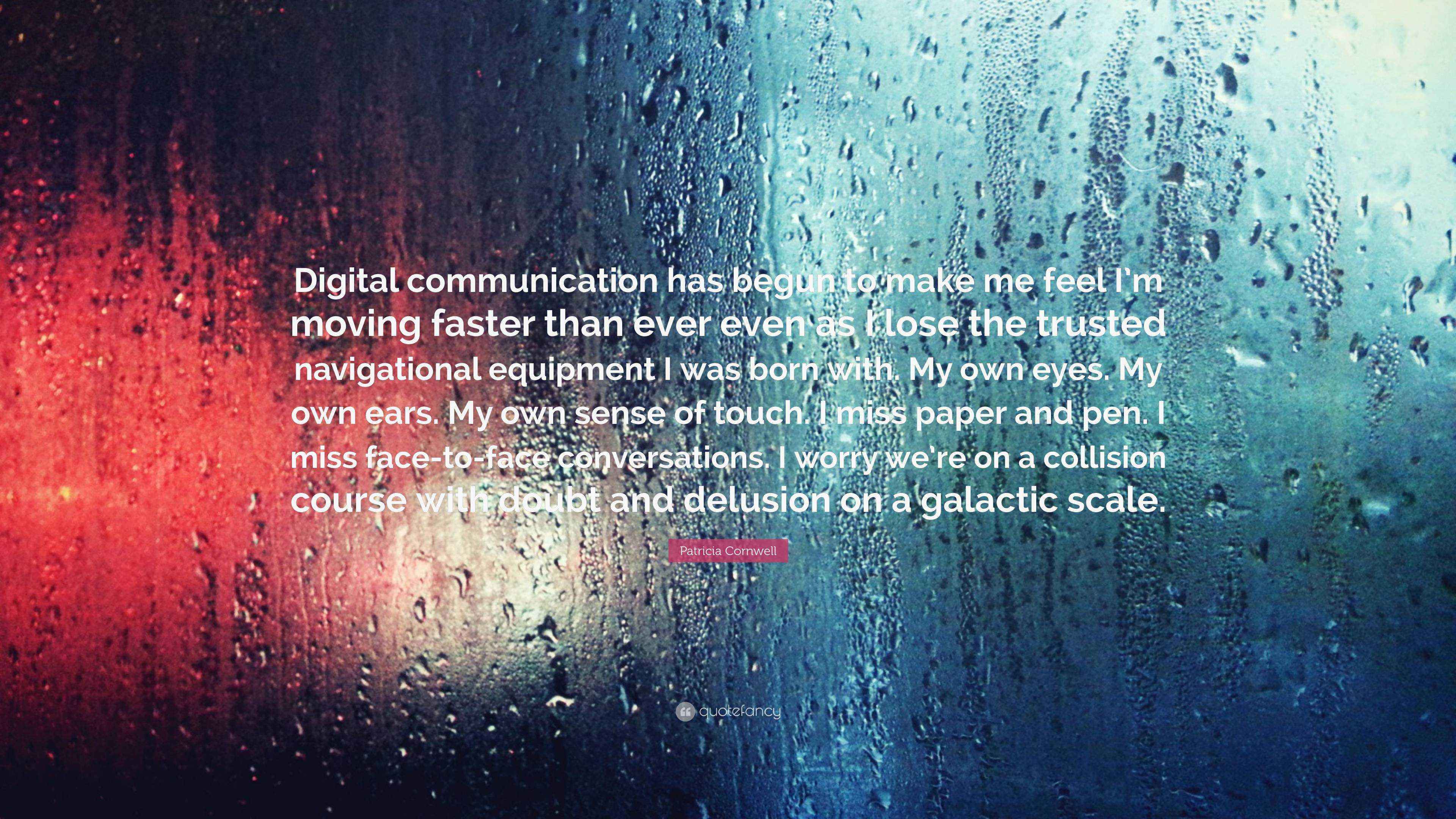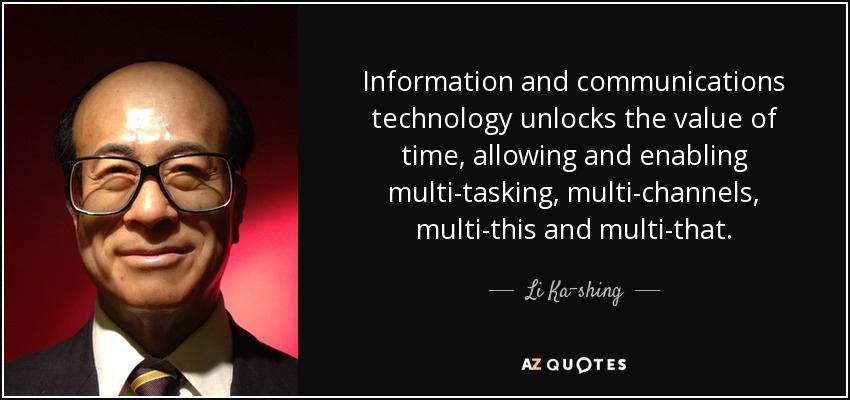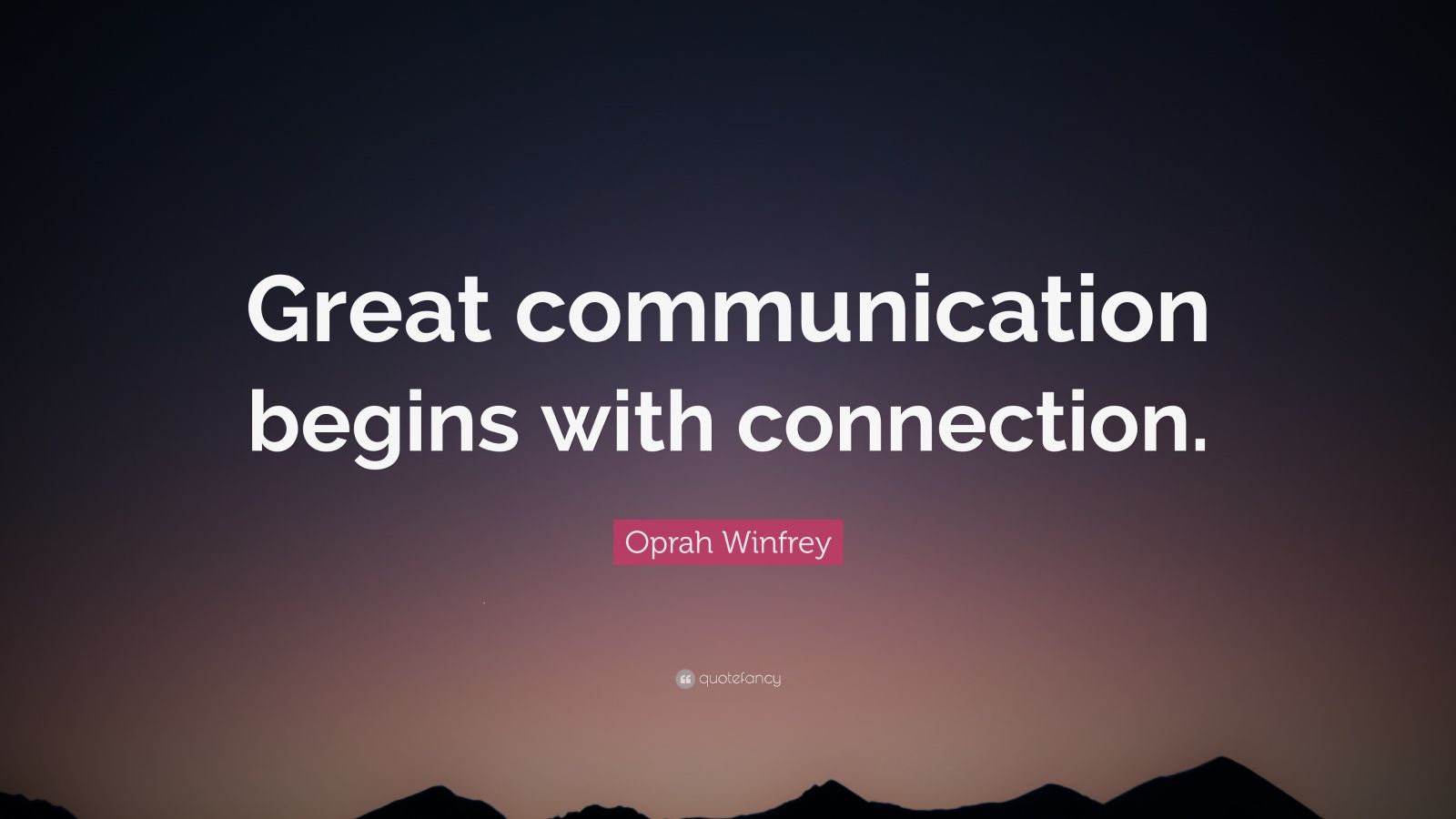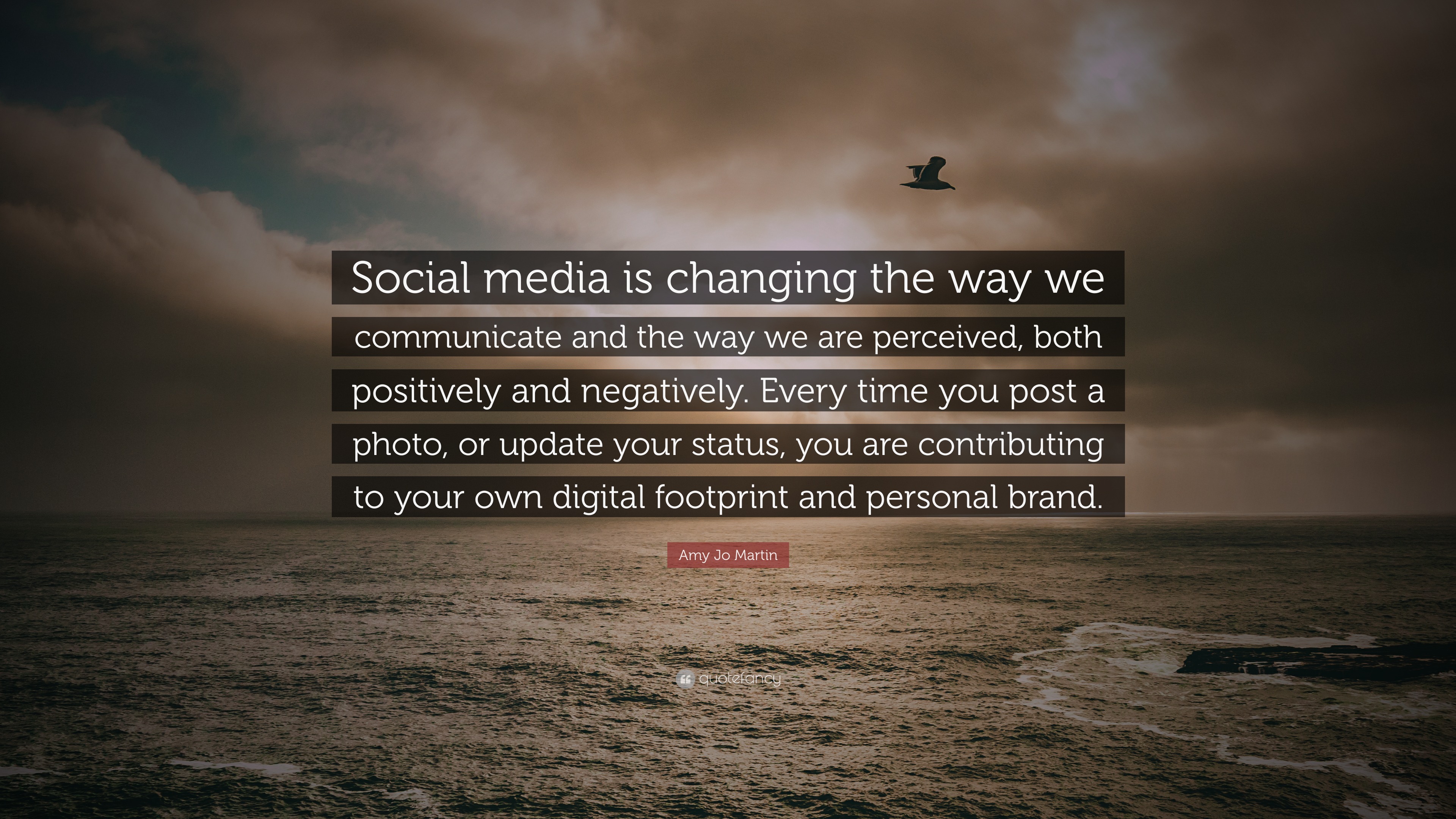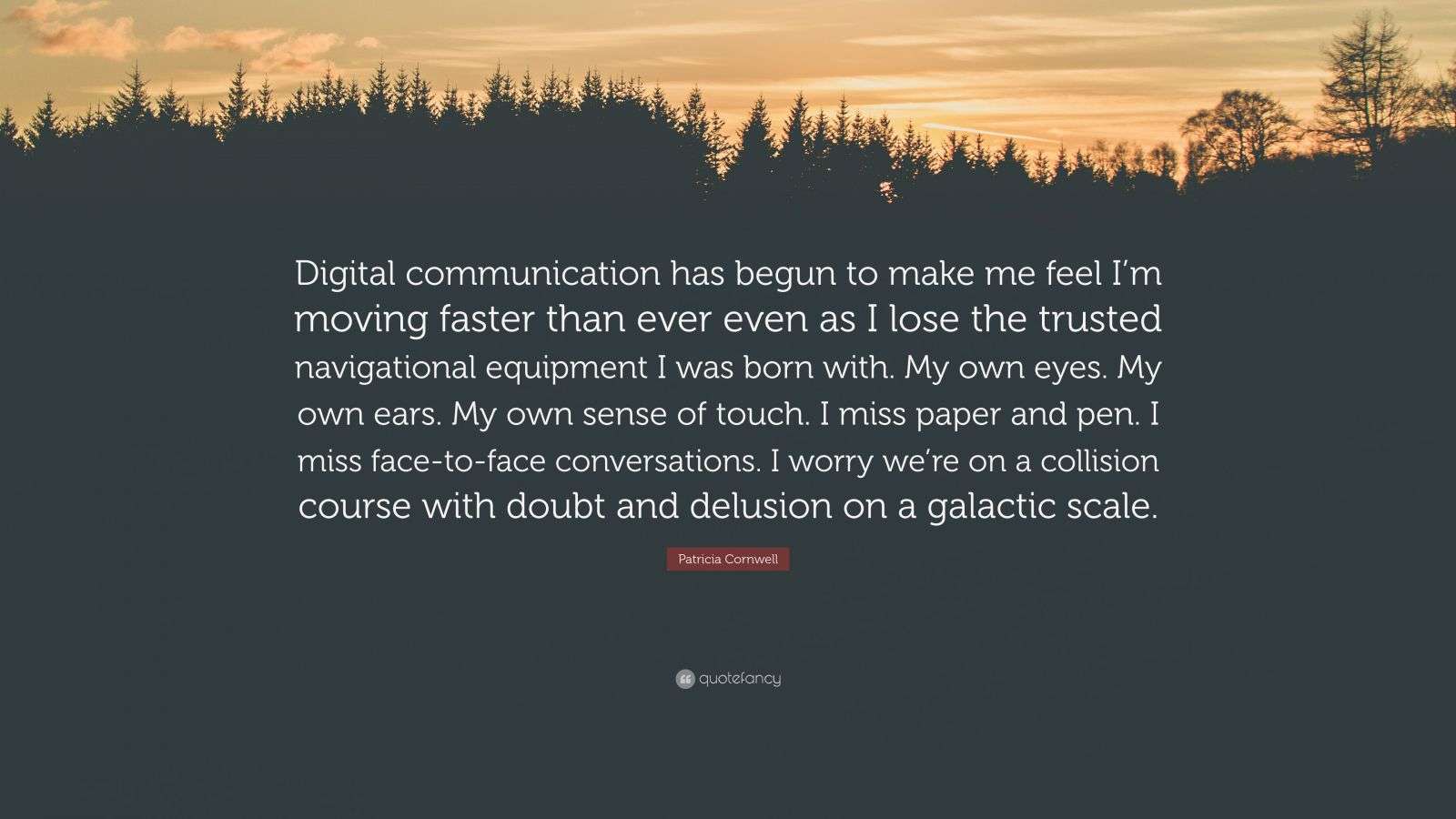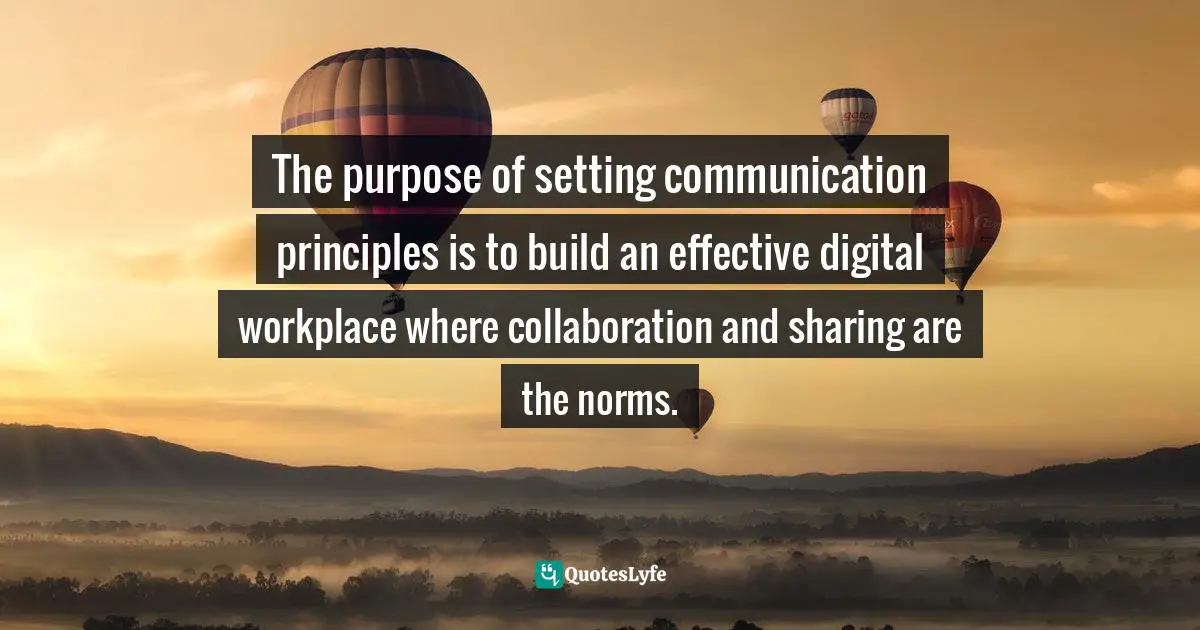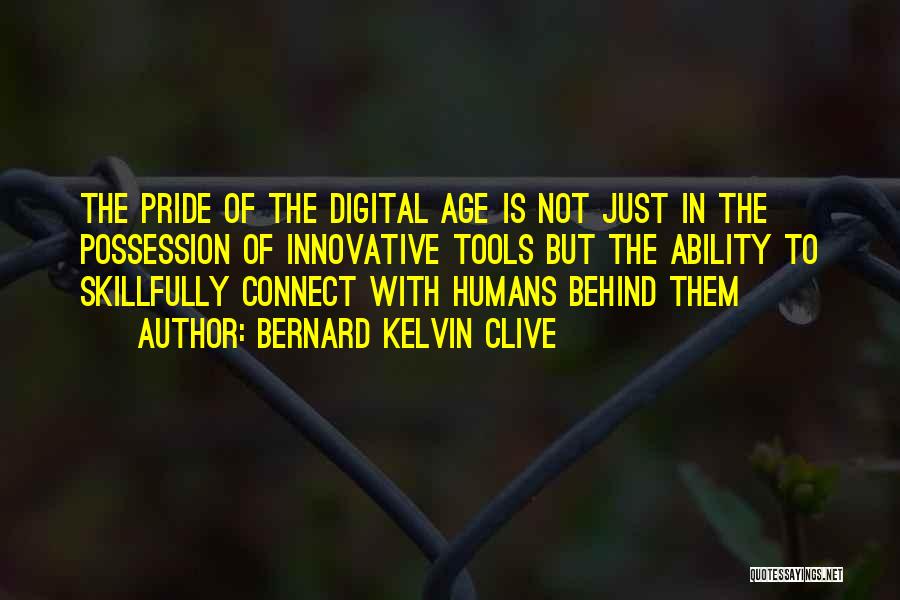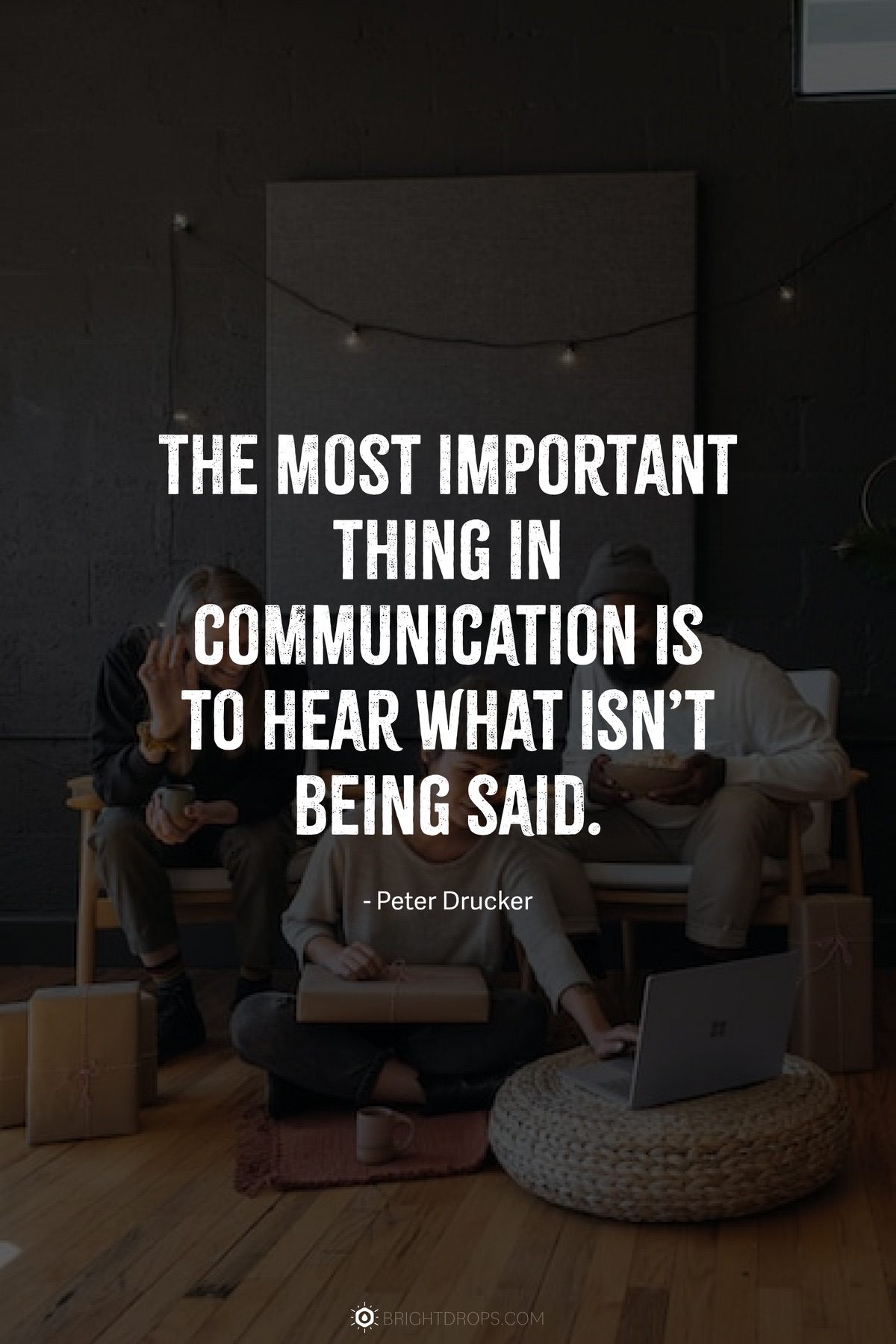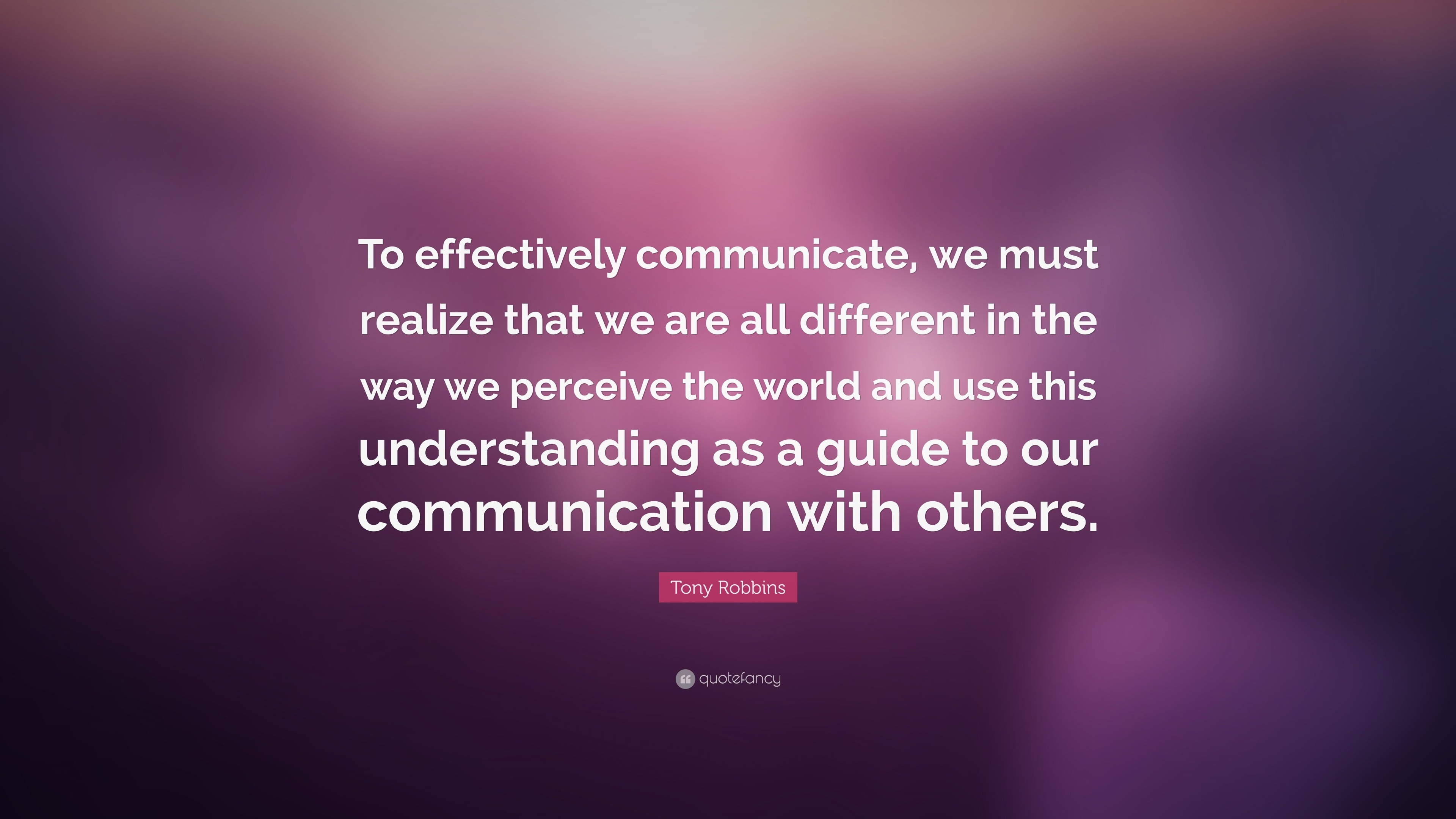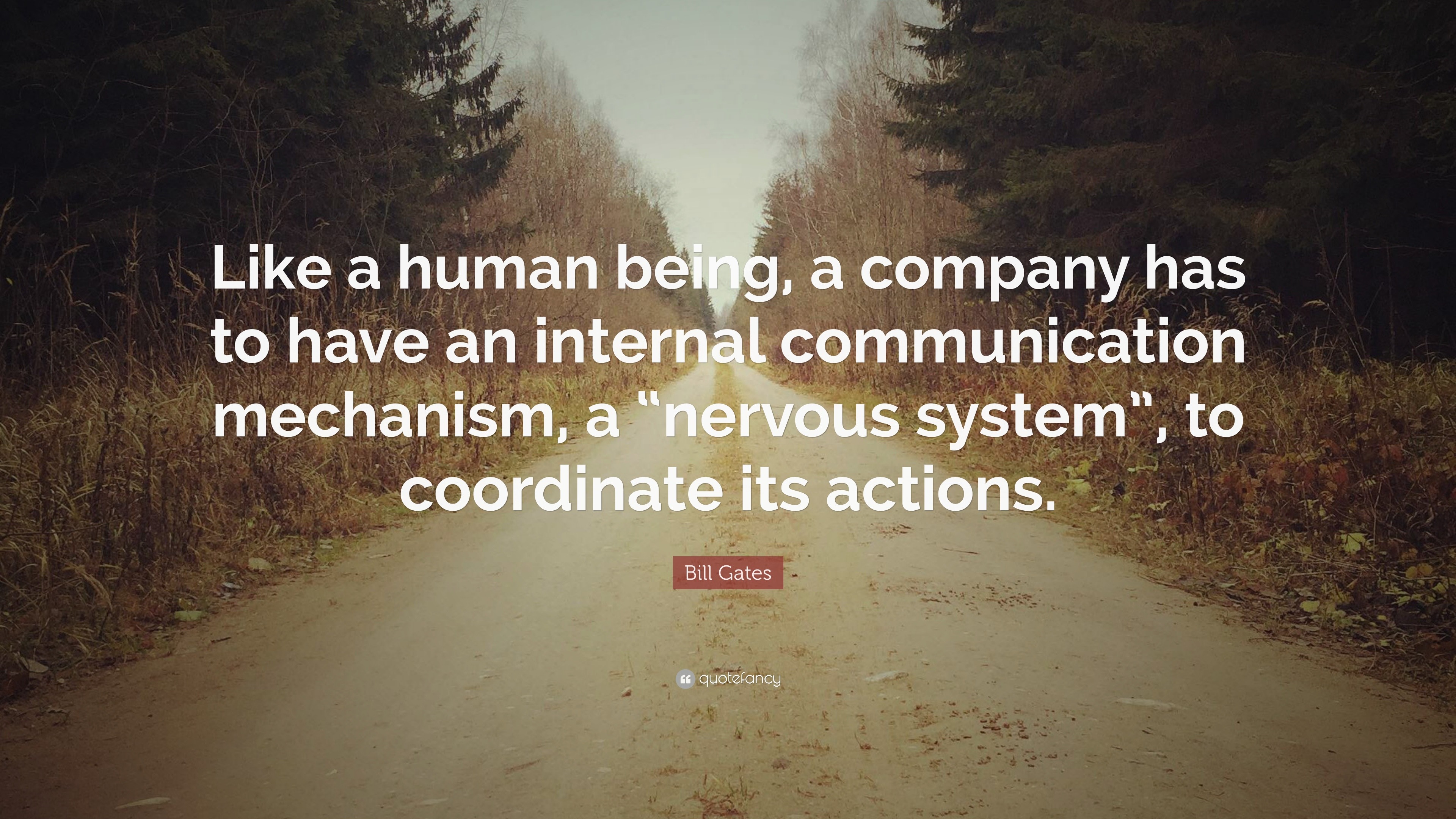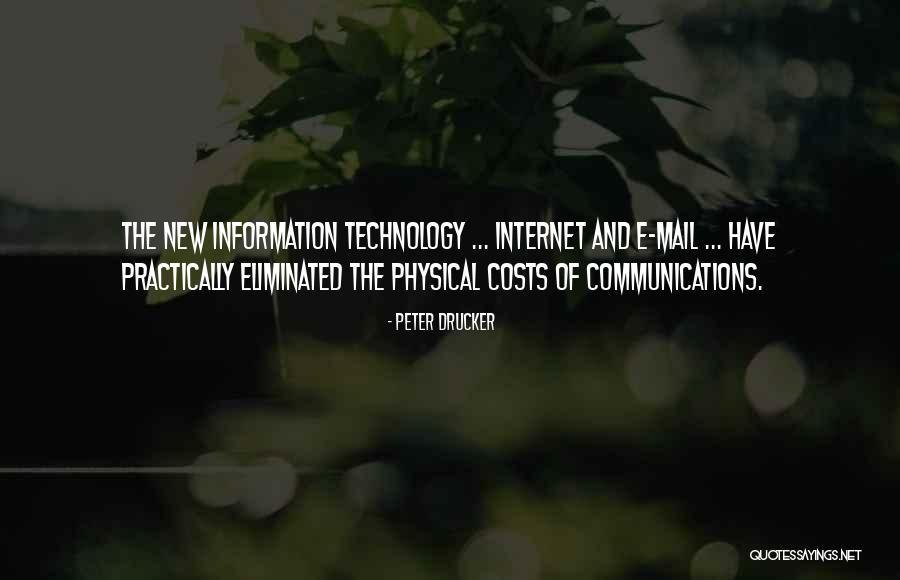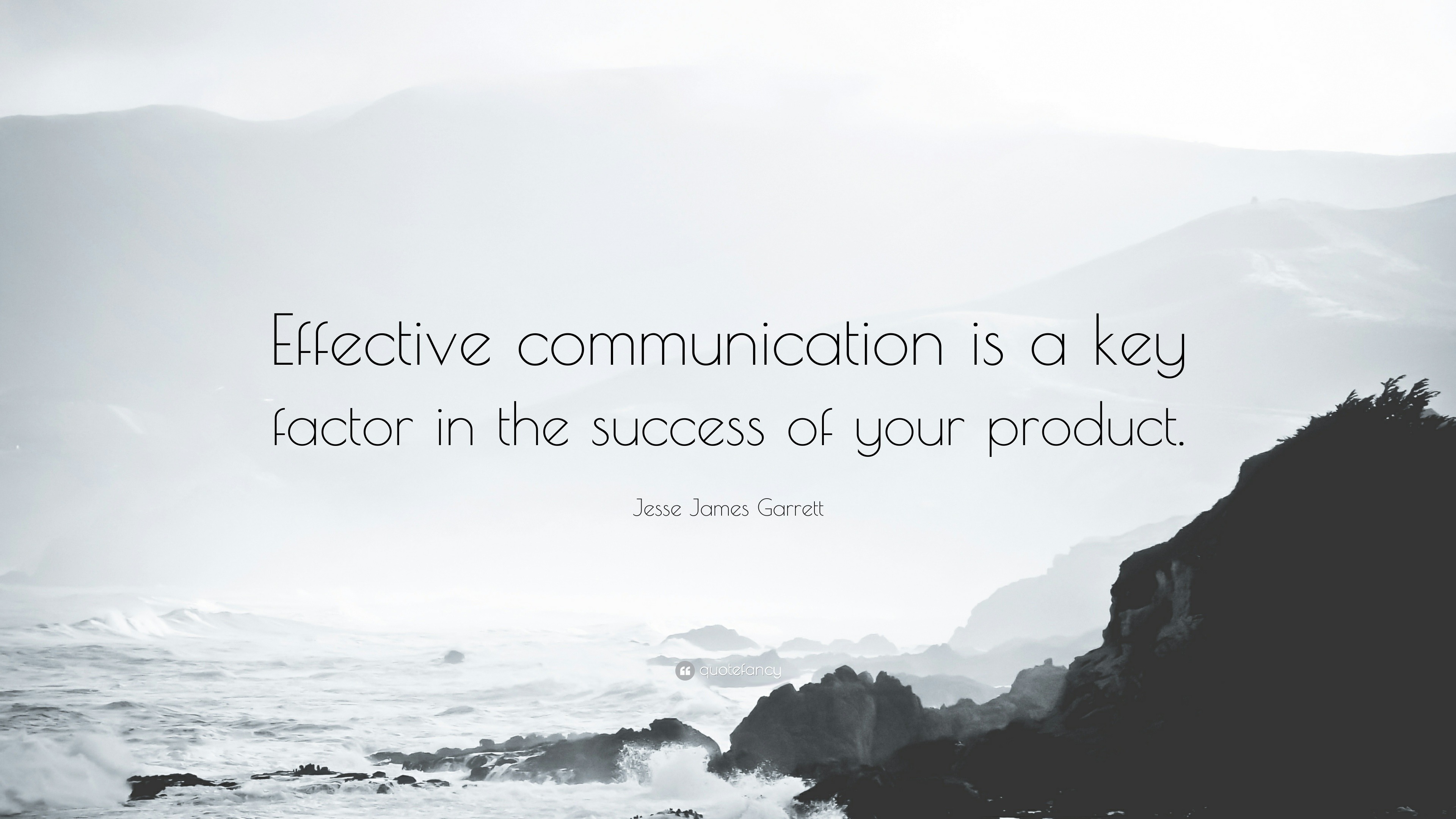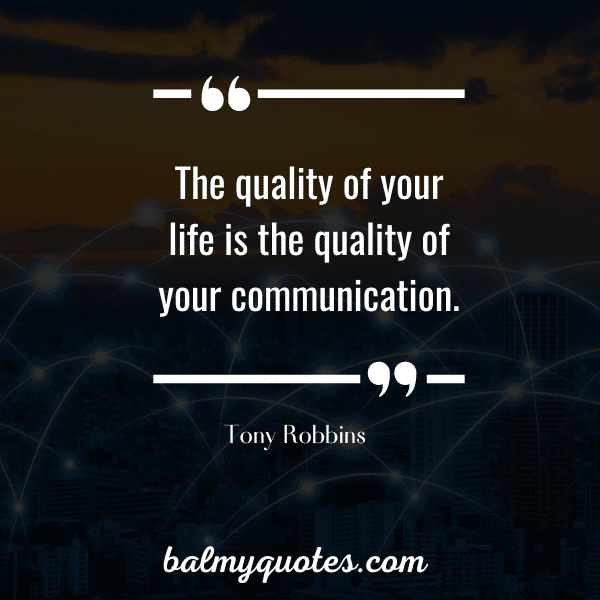Quotes About Digital Communication

Imagine a world without instant messages, emails, or video calls. A world where news traveled only by word of mouth or painstakingly handwritten letters. The digital age has revolutionized how we connect, bringing both unparalleled opportunities and complex challenges to the forefront. Let's delve into how thinkers and observers articulate this profound shift.
At the heart of this exploration lies the impact of digital communication on our lives. This article examines insightful quotes that capture the essence of our digitally mediated interactions, revealing the promises, pitfalls, and paradoxes of this ever-evolving landscape.
The Dawn of the Digital Era
The proliferation of digital communication tools marks a turning point in human history. Marshall McLuhan, the media theorist, famously coined the term "global village" long before the internet became ubiquitous. His prescient observations about media's power to shrink the world resonate even more profoundly today.
“Once we have surrendered our senses and nervous systems to the private manipulation of those who would try to benefit from taking a lease on our eyes and ears and nerves, we don't really have any rights left. Leasing our eyes and ears and nerves to commercial interests is like handing over the common speech to a private corporation, or like letting them lease the roads, the libraries, and the post offices.” – Marshall McLuhan
Communication: A Double-Edged Sword
While digital communication offers unprecedented connectivity, it also presents new forms of disconnection. Sherry Turkle, a professor at MIT, has studied the psychological effects of technology for decades. Her research highlights the paradoxical nature of our digital lives: more connected, yet often feeling more alone.
“Technology proposes itself as the architect of our intimacies.” – Sherry Turkle
Her quote emphasizes how digital tools shape our relationships and our perception of intimacy. The immediacy of digital interactions can sometimes overshadow the depth and nuance of face-to-face communication, leading to a sense of superficiality.
Navigating the Information Age
The sheer volume of information available online poses a significant challenge. Distinguishing credible sources from misinformation requires critical thinking skills. As technology evolves, so must our ability to evaluate and interpret digital content.
“The Web is now philosophical engineering. It's putting our beliefs out there, and seeing if they work.” – Tim Berners-Lee
This quote encapsulates the spirit of experimentation and innovation that characterizes the internet. It also highlights the responsibility we have to ensure that the beliefs and values we promote online contribute to a more positive and informed society.
The Future of Connection
As we move further into the digital age, questions surrounding privacy, security, and ethical considerations become increasingly important. Finding a balance between technological advancement and human well-being is crucial for creating a sustainable and equitable future.
“Digital technology is both a hammer and a sculptor's tool.” – Nicholas Negroponte
Nicholas Negroponte's quote perfectly captures the duality of digital technologies. It highlights that it can be destructive if misused. It could be equally creative and transformative if used responsibly.
These insights offer a valuable framework for understanding the complexities of digital communication. They encourage us to reflect on our own digital habits. The also help to consider the impact of technology on our relationships and our communities.
Ultimately, navigating the digital landscape requires a combination of critical thinking, empathy, and a willingness to engage in thoughtful dialogue. By embracing these qualities, we can harness the power of digital communication to build a more connected, informed, and compassionate world.
